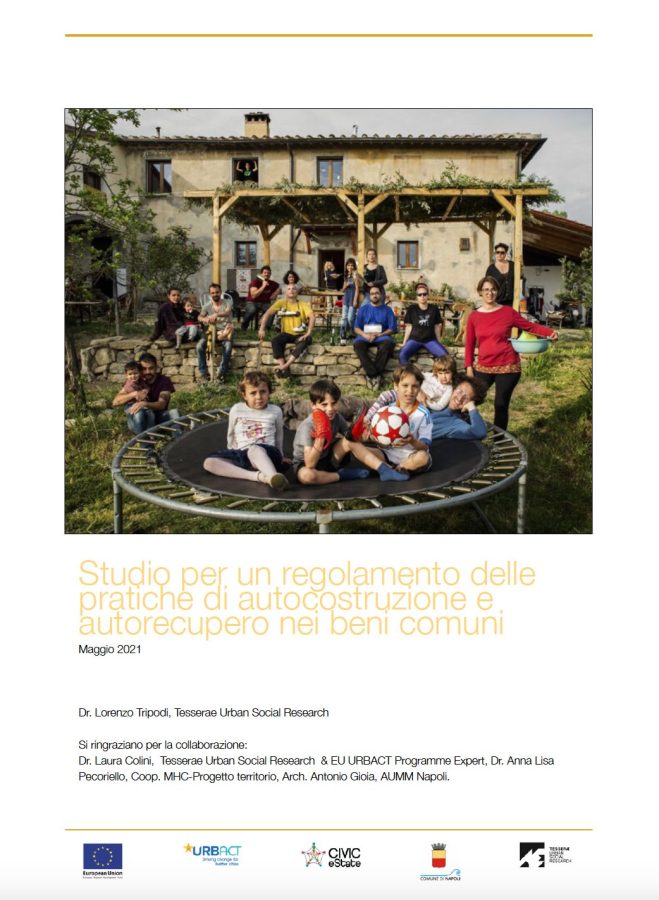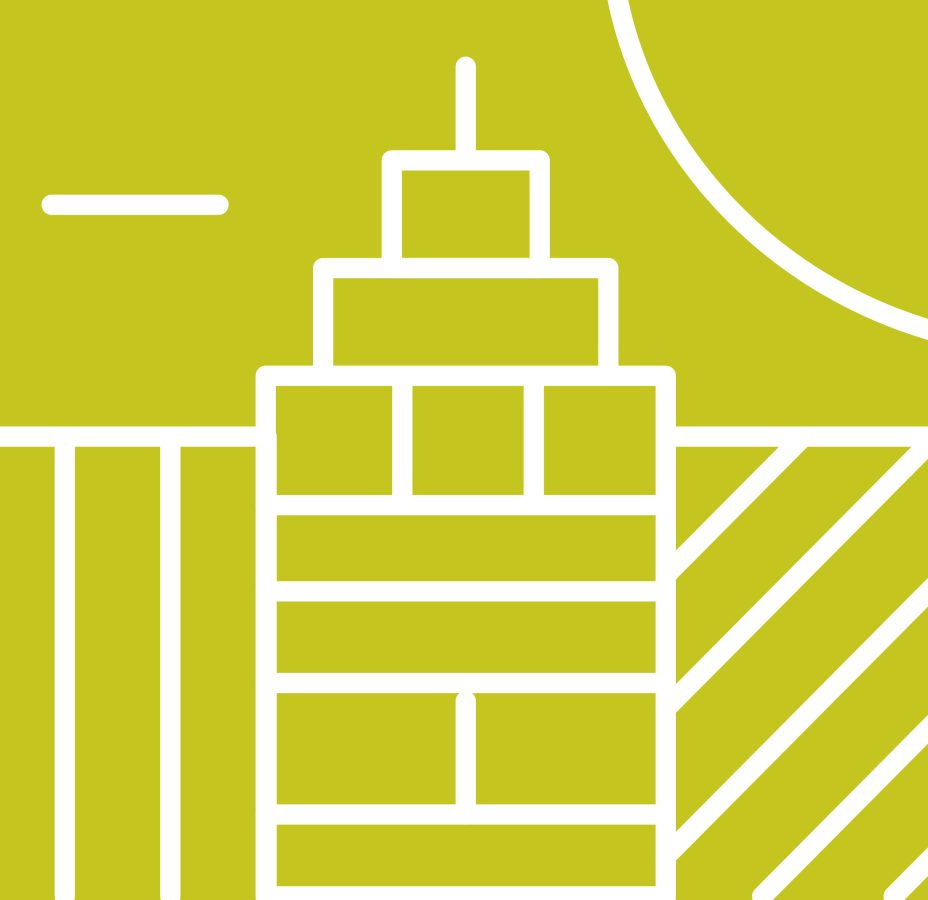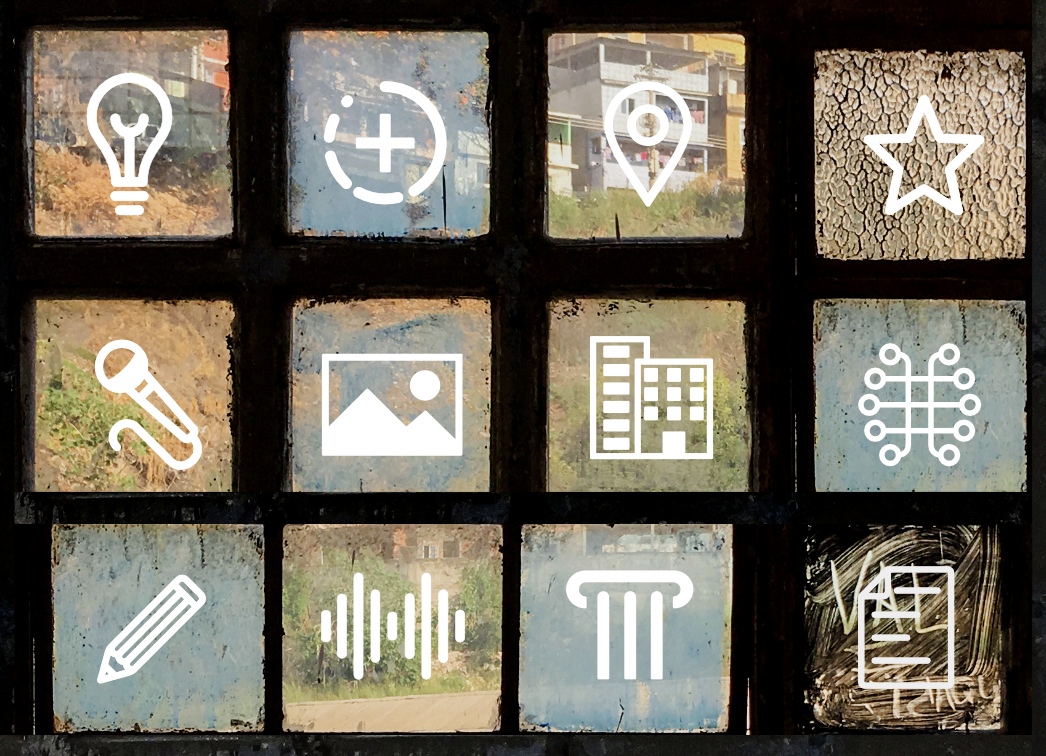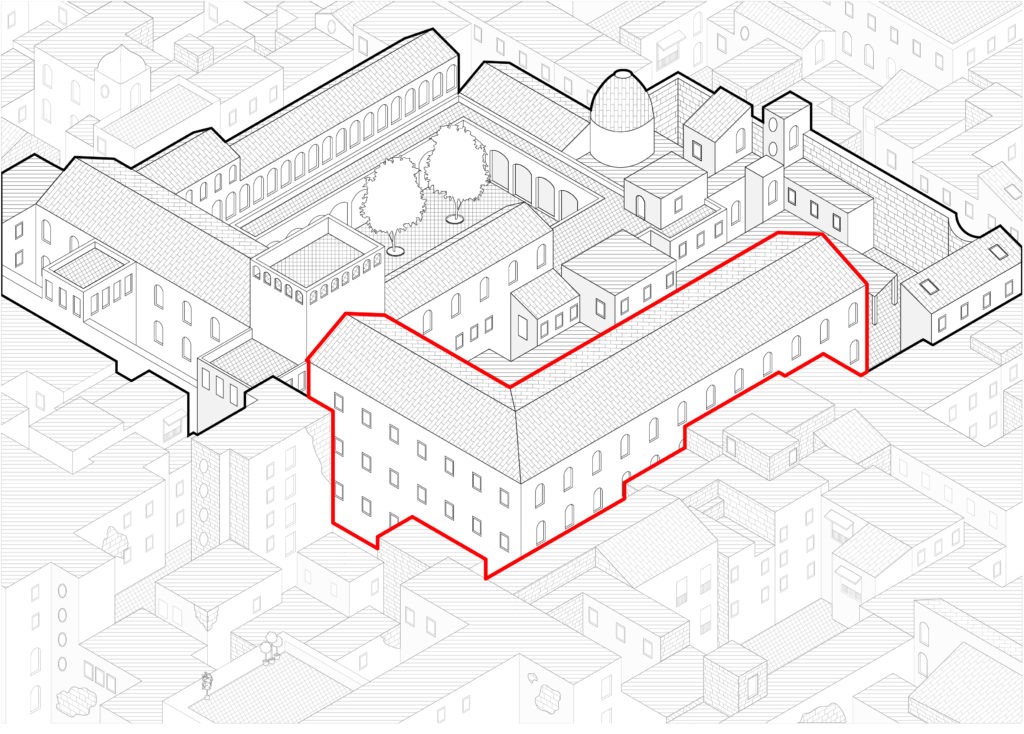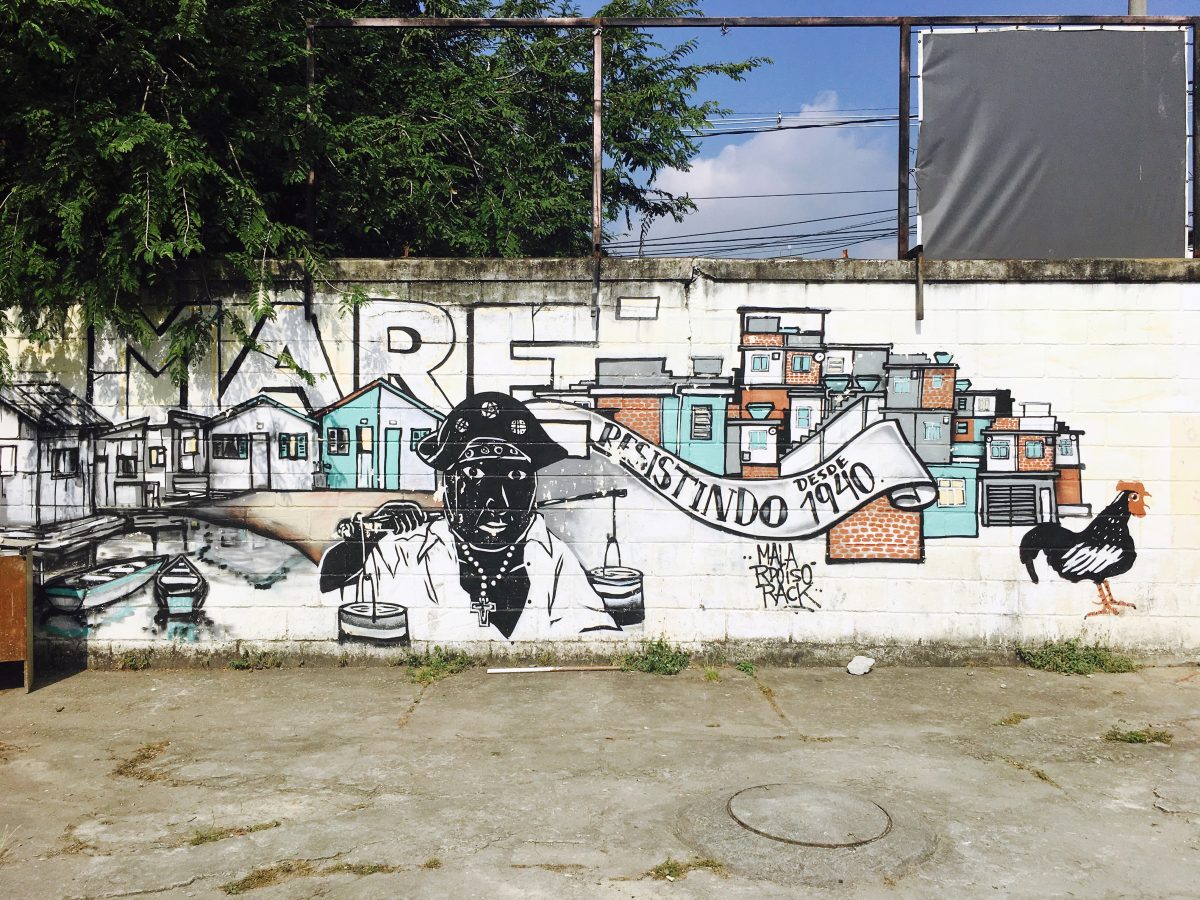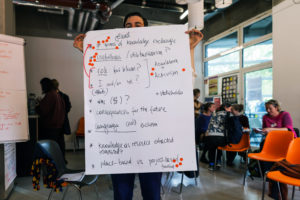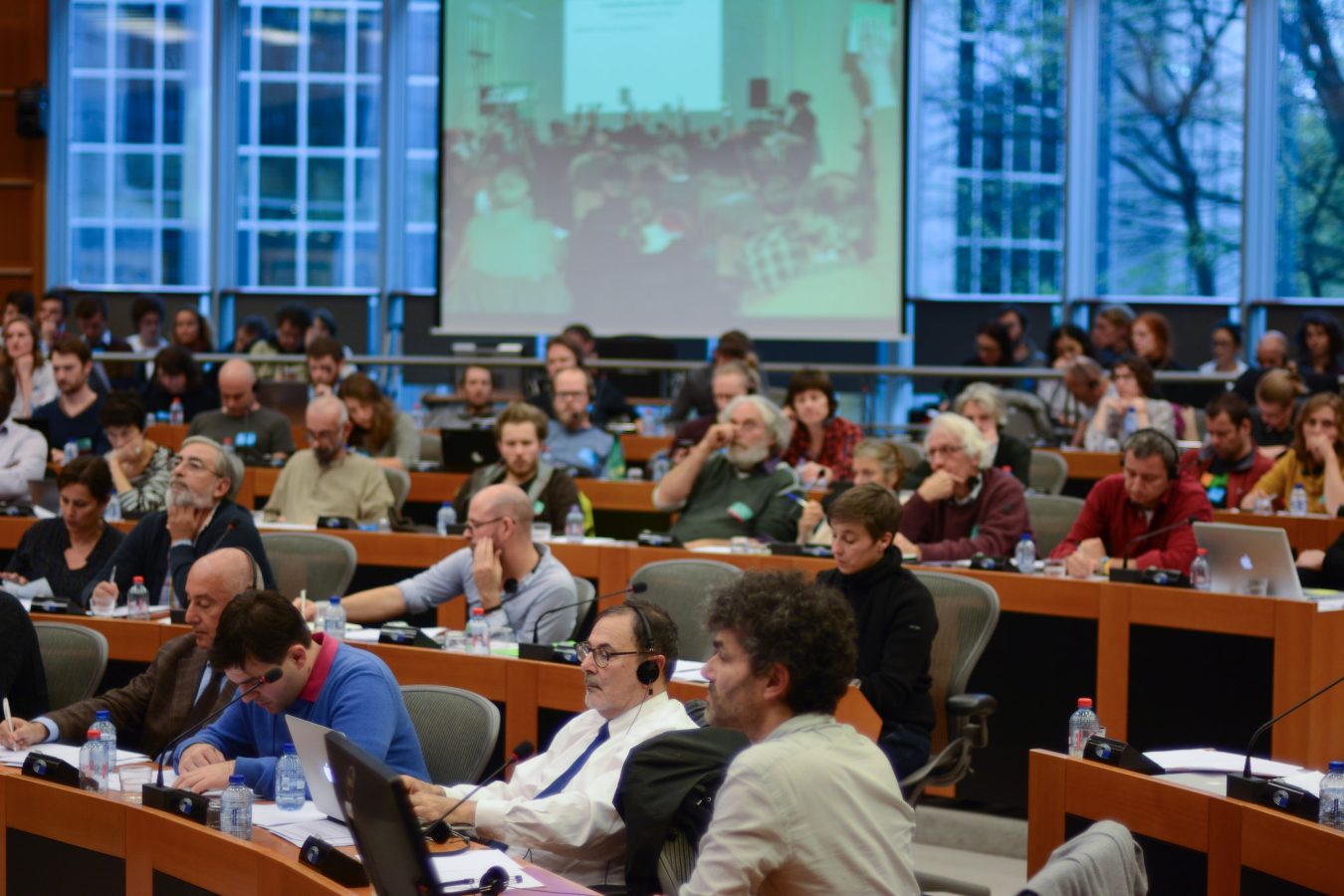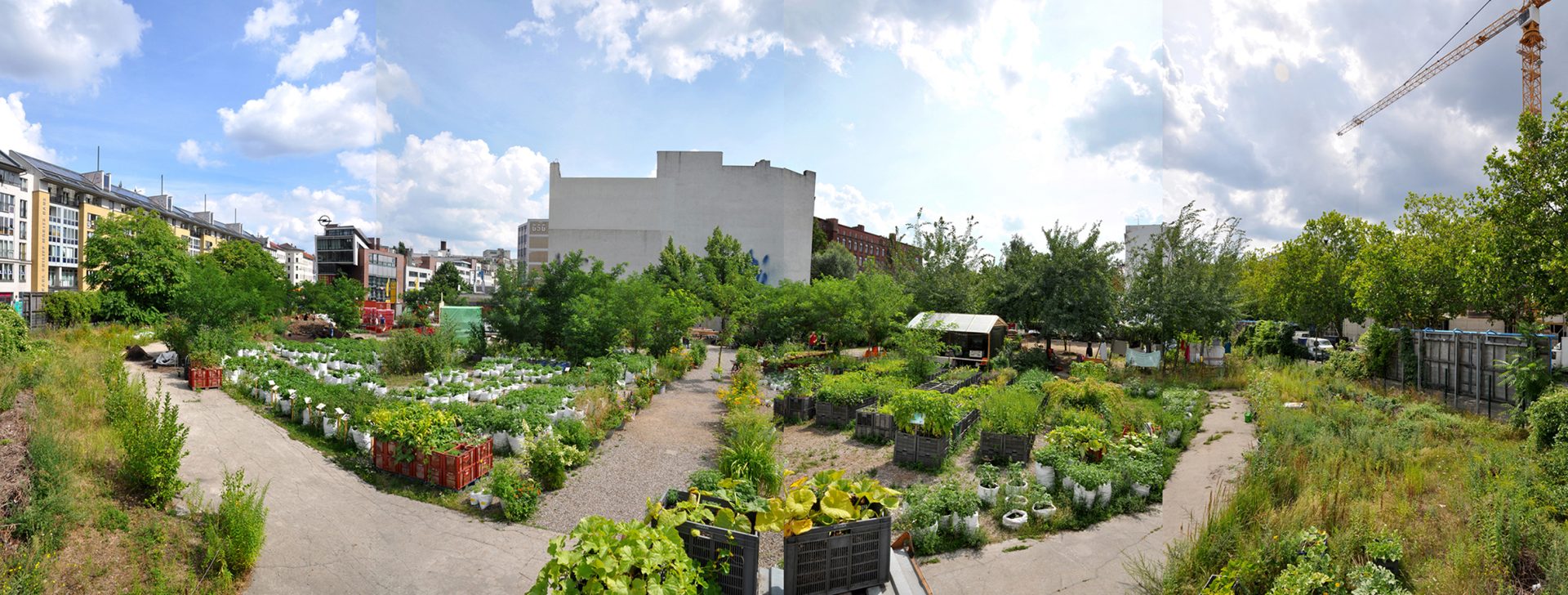
Starting from an urban gardening project, the experience of Prinzessinnengarten extended to a wide range of innovative practices, political stances and networking activities fostering a DIY integrated approach. Since 2020, the gardens occupy two distinct areas, both organized on principles of self-sufficiency, food-independence and social inclusivity: the original site located in Moritzplatz (Berlin-Kreuztberg) and the recent acquisition of San Jacobi cemetery (Berlin-Neukölln). The Prinzessinnengarten project promotes gardening as a practice of community building and social emancipation from urban neo-liberal dynamics, while also offering its visitors and members a wide range of cultural and educational activities aimed at sharing different forms of knowledge and skills and at raising consciousness on current ecological issues and social challenges.
